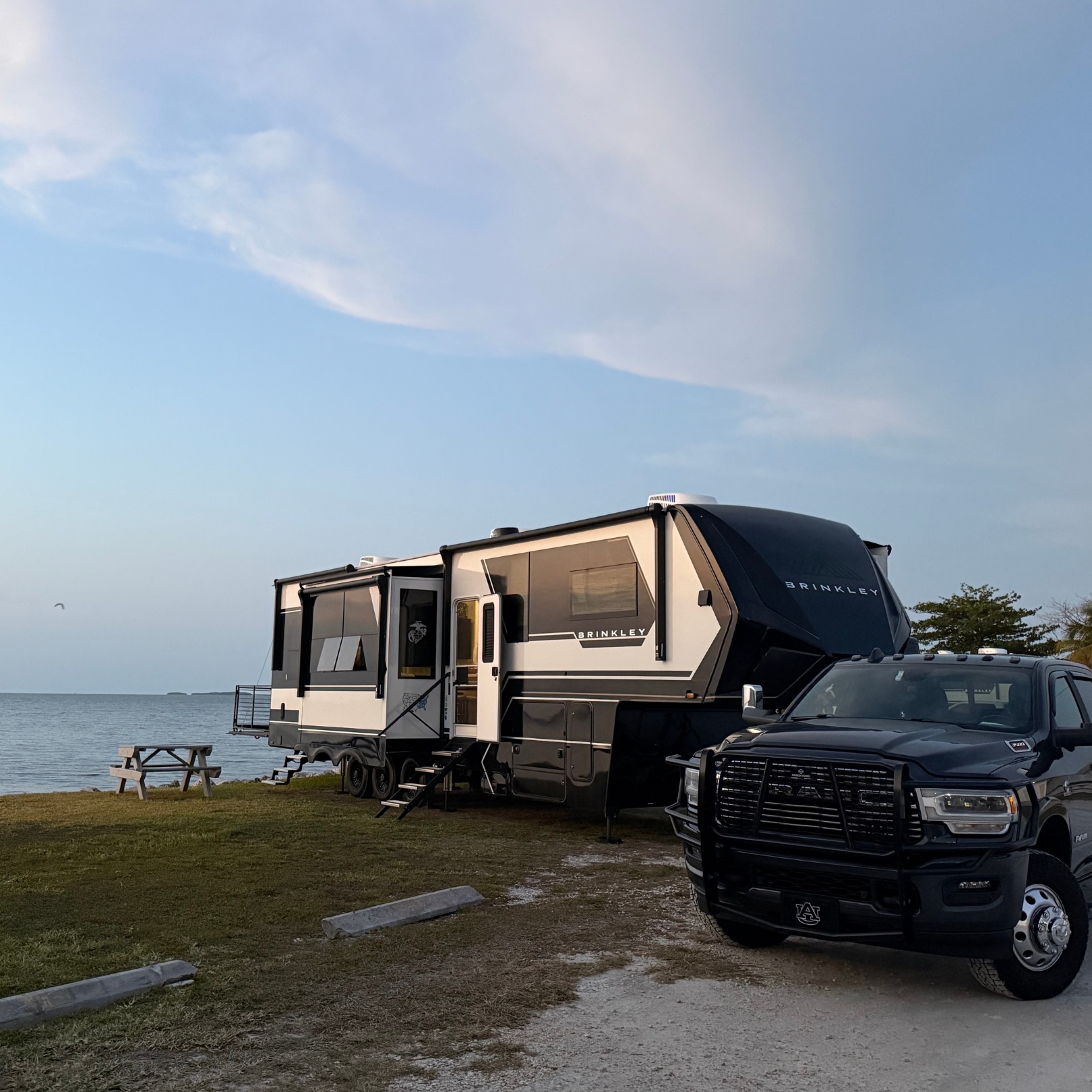Understanding the Risks to Your RV's Engine
RVs often have powerful engines designed to move substantial weight, making them especially vulnerable to water damage. While most RVs sit higher off the ground than standard vehicles, their air intakes and crucial engine components can still be compromised by deep water. Even a seemingly shallow flood can pose serious risks to your RV's engine systems.Critical Engine Components at Risk
Engine Block and Pistons RV engines rely on precise timing and compression for optimal performance. When water enters the combustion chamber through the air intake:- The engine can experience hydraulic lock
- Pistons may bend or break
- Connecting rods could become damaged
- The entire engine block might need replacement
- Cracked engine blocks
- Damaged head gaskets
- Compromised seals
- Condensation in the oil pan
- A milky substance forms
- Lubrication properties become compromised
- Engine wear accelerates dramatically
- Complete oil system flush may be required
- Water can corrode battery connections
- Engine control modules may short circuit
- Wiring harnesses can deteriorate
- Generator systems might be compromised
How Bad If Water Comes Into Your Engine? Understanding the Impact
The severity of water damage depends on several factors:- Amount of water ingested
- Duration of exposure
- Engine running status
- Type of water (fresh vs. salt)
- Response time after exposure
- Rough running or misfiring engine
- White or gray exhaust smoke
- Dashboard warning lights
- Unusual engine noises
- Difficulty starting
Immediate Actions to Take
If you suspect water has entered your RV's engine:- Don't Start the Engine
- Further operation could cause catastrophic damage
- Even if running, shut it down immediately
- Have it towed to a qualified RV service center
- Check the Dipstick
- Remove and wipe clean
- Reinsert and check for water droplets
- Look for milky coloration in the oil
- Document with photos for insurance purposes
- Document Everything
- Take photos of water levels if possible
- Note the location and circumstances
- Keep all service receipts
- Contact your insurance provider immediately
Prevention Tips for RV Owners
- Research your route for flood-prone areas
- Check weather forecasts regularly
- Know your RV's maximum wading depth
- Consider installing elevated air intakes for frequent wet-weather travel
- Keep emergency supplies and contact numbers handy
Professional Assessment
If your RV has been exposed to high water:- Have a certified RV mechanic inspect the engine
- Request a comprehensive electrical system check
- Consider preventive maintenance to avoid future issues
- Document all inspections and repairs

